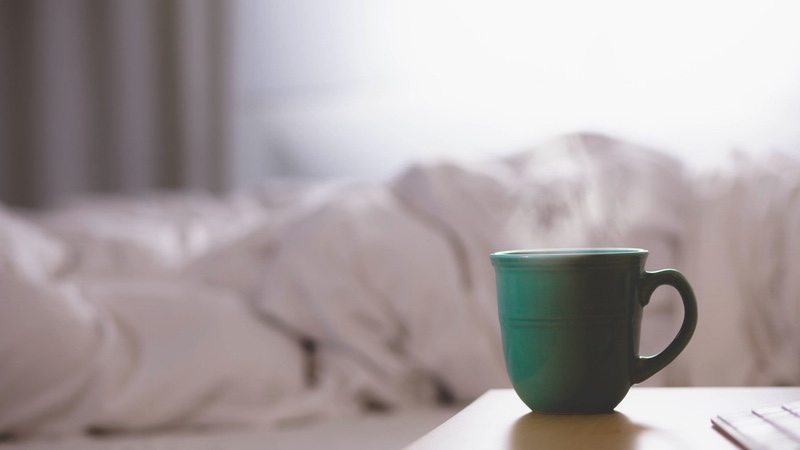Morning Person vs. Night Owl
Episode #1 of the course How to get up and conquer the morning by Matt Sandrini
“I’m not a morning person.” How many times have you heard that?
Many people believe that you’re either an early bird or a night owl, and there’s nothing you can do about it.
“This is something you are or are not, not something that you learn.”
But I have a confession to make: I wasn’t always a morning person.
Until my early 20s, I used to work late into the night and wake up much closer to lunchtime than sunrise. It was a constant game of catching up with time.
Too much to do, stay up late. Too tired, sleep in. Then I didn’t get enough done today, so stay up late. So on and so forth.
When I saw the vicious loop, I decided to break it and turn to the morning.
Nowadays, by 8:30am, when most people’s day starts, I have already had a great day: I have meditated, written a short post, been to the gym, had my daily juice, practiced my Russian, journaled, showered, and had breakfast. Dayum. A few years back, that’s what my day looked like at 8. PM.
So what makes a morning person…a morning person?
Enter the circadian rhythm. This is just a fancy name for your “internal clock” that modulates your physiological and chemical processes throughout the day. Every living being has their own, and it lasts roughly 24 hours.
The circadian rhythm is internally regulated, though it is affected by external cues such as sunlight, food, and temperature.
Circadian rhythms are adaptable and can be changed.
Travelers and night shift workers already know this experientially: in a few days, your body adapts to the new 24-hour cycle.
Do genetics play a part in your morning time? Perhaps.
Studies have been inconclusive so far. Research suggests that genes may indeed be one of many factors that play a part, but this is no excuse; genes are only expressed in response to external factors, and they include a continuum, not a binary response.
In other words, you won’t be “a night owl” because of your genes, but you may have a weaker response to light. Not a good enough excuse.
The strongest factor affecting your morning policy is your identity.
As long as you identify as a night owl and keep telling yourself that you “only work well at night” or you “just aren’t made to get up before noon,” you will behave accordingly.
As humans, we strive for certainty and consistency, so we cling to our labels unconsciously, making it difficult to move on.
Change your identity first and your behavior will follow.
You’re a morning person. You get up and get stuff done.
Tomorrow, we will look at how to select your morning activities and set a strong goal that will get you out of bed.
— Matt
Additional resource
Recommended book
Share with friends

